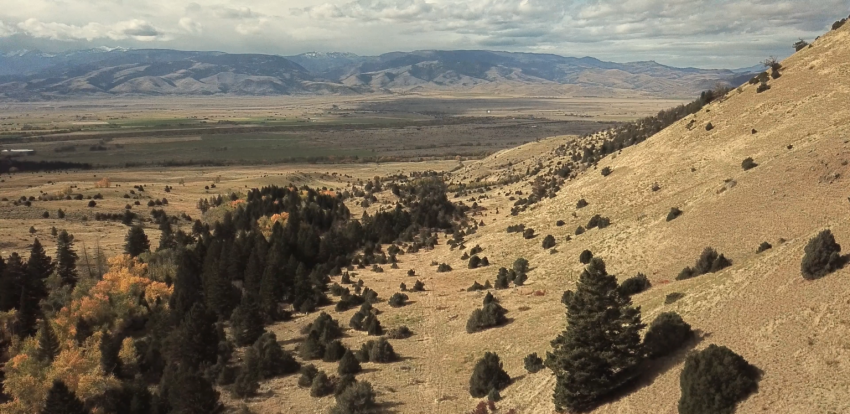It was supposed to help those with pre-existing conditions, but they pay dearly for bad options.



It was supposed to help those with pre-existing conditions, but they pay dearly for bad options.

Can history help us understand today’s panic over global warming? While the Earth is warming and human activity is probably contributing to it, the overheated efforts to make people fear the long-term future suggest that this is more of a crusade than a rationally considered enterprise. Extreme fear of global warming is negatively affecting politics, the economy, the media, international relations, and education.

Expanding Medicaid to the relatively healthy might make sense if it improved general health. But there is little evidence it does. In Oregon, for example, a first-of-its-kind controlled trial tracked individuals who applied for Medicaid through a lottery. After two years, there was no discernible difference in the physical health of the winners and losers. More

For the past half century, virtually every major attempt to reform the health care system has involved people who don’t practice medicine telling the doctors who do practice medicine how to manage their affairs. Yet none of these solutions appears to work. Costs keep rising. Quality of care is not measurably improving. And, access to care (as measured, say, by per-capita doctor visits or the length of time needed to see a doctor) seems to be getting worse. So why not try something different? Why not allow the folks who practice medicine and who are in the best position to eliminate waste, improve quality and expand access to care to solve the very problems no one else seems able to solve? More

Economists like Samuelson failed to understand economic growth in developing countries. Unbeknownst to them, cost-reducing innovations in transportation and communication led to increased trade and lifted people out of poverty. The Industrial Revolution benefited only a small portion of the world. Trade spurred prosperity and development on its own.

With the help of scholars at the Goodman institute and Americans for Prosperity, Congressman Pete Sessions and his colleagues have introduced the Health Care Fairness for All Act. Among its other features, the bill would do the following: 1. For the first time in the...

This guest post by Shawn Regan is a substantive analysis of the recent proposal by the Interior Department's Bureau of Land Management to allow leasing of public land for conservation purposes. Regan is vice president of research at the Property and Environment...

This PDF is the main document concerning National Policy Topic of Economic Inequality.

For the past two decades the US has been experiencing shortages of cancer drugs, antibiotics and even saline, a drug potentially needed by almost every patient who gets admitted to the hospital. Nearly all thirty of the most frequently used emergency department drugs experienced shortages from 2006-2019.

Somini Sengupta of the New York Times has candidly shared an analysis of “how to get government aid to ditch fossil fuels.” Here’s a sample (Sengupta cites research by two colleagues). “How do you cash in?” she asks.